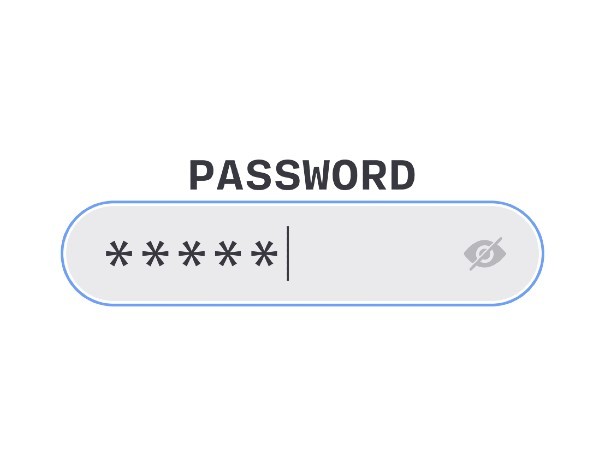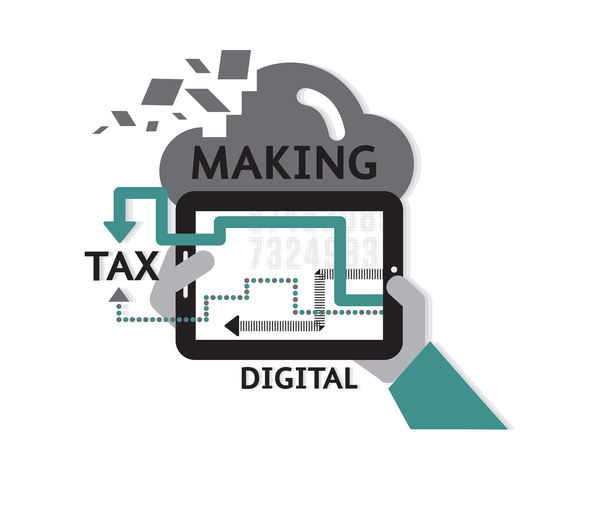
HMRC is encouraging business owners, employers and the self-employed to check online to make sure they are not missing out on a range of tax reliefs and allowances.
You can find out their eligibility for tax reliefs and financial allowances, as well as how to claim them on the gov.uk website here. These include:
Tax-deductible business expenses
- If you’re self-employed, you can deduct some of your business running costs as part of your annual tax return, if they’re an allowable expense.
- You may be able to claim tax-deductible expenses for items including office stationery, insurance, bank charges and heating and lighting for your office, home office or business premises.
Research and Development (R&D) tax credits
- If your company is involved in innovative projects in science or technology, you may be eligible to claim R&D reliefs which can even be claimed on eligible unsuccessful projects.
Gift Aid
- Companies (and unincorporated associations) can claim tax relief for qualifying donations paid to charities (bodies or trusts accepted as charities for UK tax purposes).
Corporation tax relief
- You can deduct the costs of running your business from your profits before tax when you prepare your company’s accounts. This could include things like buying machinery or tools that you use for your business.
Employment allowance
- If your business employs people, you may be able to claim Employment Allowance which allows eligible employers to reduce their annual National Insurance liability by up to £5,000.
Pre-trading expenses
- If you are in the process of setting up a new business, you may be able to claim back some of the expenses incurred before you started trading through your first tax return.
Reclaiming VAT
- If you are a VAT-registered business, you can reclaim VAT on qualifying goods and services you buy for use in your business.
Business rates relief
- Some properties are eligible for discounts from their local council on their business rates. This is called ‘business rates relief’. Please note that the guidance on business rates relief on GOV.UK is only for businesses based in England. See: Tax reliefs and allowances for businesses, employers and the self-employed - GOV.UK (www.gov.uk)
Recovery Loan Scheme
The new form of the Recovery Loan Scheme (RLS) is designed to support access to finance for UK businesses as they look to invest and grow.
Businesses can use the finance for any legitimate business purpose – including managing cash flow, investment, and growth. However, businesses must be able to afford to take out additional debt finance for these purposes.
The British Business Bank will administer the scheme on behalf of the Secretary of State for the department for business, energy & industrial strategy (BEIS).
Key features include:
- Up to £2 million per business group: The maximum amount of a facility provided under the scheme is £2 million per business group for borrowers outside the scope of the Northern Ireland Protocol, and up to £1 million per business group for Northern Ireland Protocol borrowers. Minimum facility sizes vary, starting at £1,000 for asset and invoice finance, and £25,001 for term loans and overdrafts.
- A wide range of products: the RLS supports term loans, overdrafts, asset finance and invoice finance facilities. Please note that not all lenders will be able to offer all products.
- Term length: Term loans and asset finance facilities are available, from three months up to six years, with overdrafts and invoice finance from three months up to three years.
- Access to multiple schemes: Businesses that took out a CBILS, CLBILS, BBLS or RLS facility before 30 June 2022 are not prevented from accessing RLS after 1 August 2022, but in some instances borrowing under these schemes may reduce the maximum amount for which you are eligible.
- Pricing: The annual effective rate of interest and upfront and other fees cannot be more than 14.99%.
- Personal guarantees: Personal guarantees can be taken at the lender’s discretion, in line with their normal commercial lending practices. Principal Private Residences cannot be taken as security within the scheme.
- Guarantee is to the lender: The scheme provides the lender with a 70% government-backed guarantee against the outstanding balance of the facility after it has completed its normal recovery process. The borrower always remains 100% liable for the debt.
- Decision-making delegated to the lender: RLS-backed facilities are provided at the discretion of the lender. Lenders are required to undertake their standard credit and fraud checks for all applicants.
The assistance provided through the RLS, like many government-backed business support activities, is regarded as a subsidy and is deemed to benefit the borrower. There is a limit to the amount of subsidy that may be received by a borrower, and its wider group, over any rolling three-year period. Any previous subsidy may reduce the amount a business can borrow. For further information visit: Recovery Loan Scheme - British Business Bank (british-business-bank.co.uk).
The information provided in this blog is for general informational purposes only and should not be considered professional advice. As far as we are aware, the content is accurate at time of publication. Torgersens assumes no responsibility for errors or omissions in the content or for any actions taken based on the information provided.

.jpg)

.jpg)




